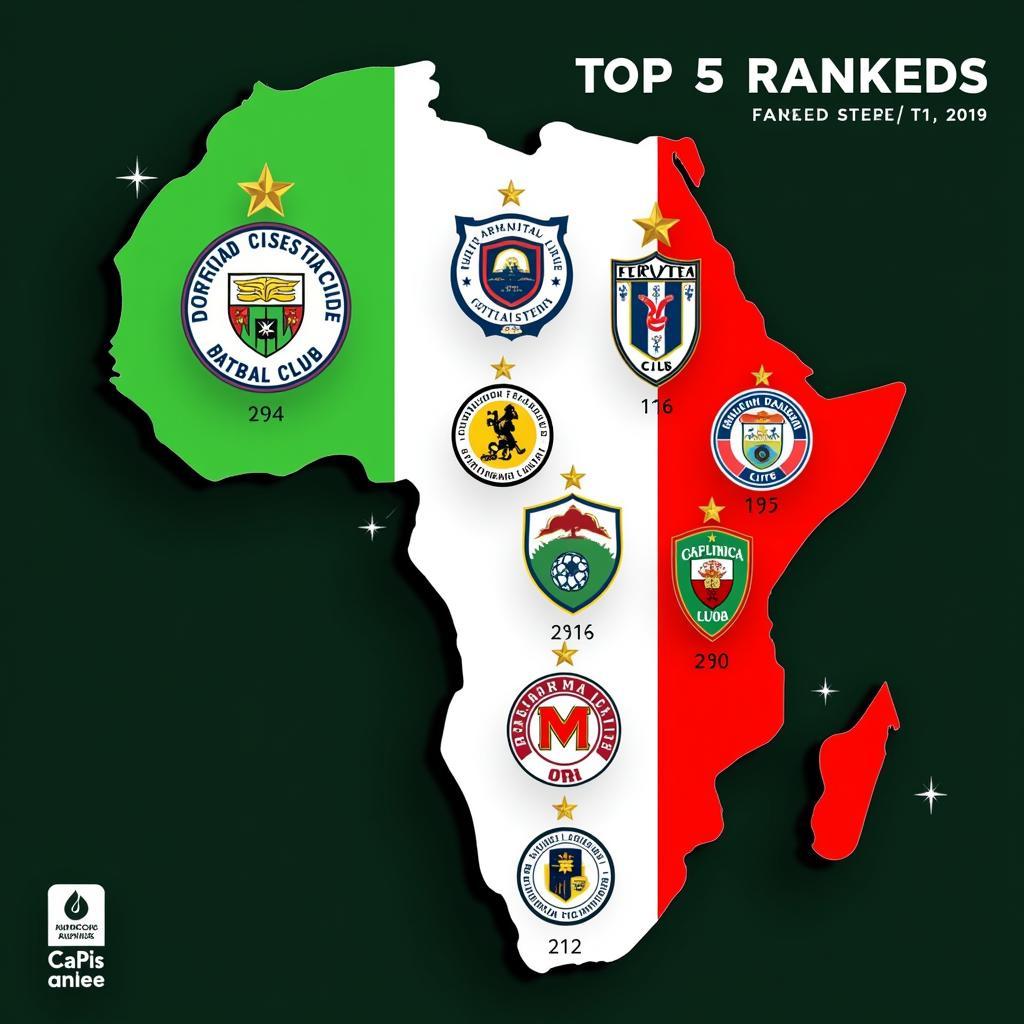Exploring the African Diet: Dr. Sebi’s Approach and Its Impact
The African diet, rich in diverse ingredients and culinary traditions, has recently gained attention through its association with Dr. Sebi’s alkaline approach. This article delves into the core principles of Dr. Sebi’s interpretation of the African diet, examining its potential benefits and exploring its connection to traditional African foodways.
Understanding Dr. Sebi’s African Diet Philosophy
Dr. Sebi, a self-educated herbalist, advocated for a plant-based diet emphasizing alkaline foods he believed were native to Africa. He posited that these foods could cleanse the body and prevent disease. His approach focuses on eliminating foods he considered “mucus-forming,” such as processed foods, animal products, and certain starches. While his methods have garnered both fervent supporters and skeptical scrutiny, understanding his philosophy provides insight into a unique perspective on the African diet.
Dr. Sebi’s approved food list includes a variety of fruits, vegetables, and grains, many of which are indeed staples in various African cuisines. However, it’s important to distinguish between his specific interpretation and the broader, diverse reality of traditional African diets.
Traditional African Diets: A Tapestry of Flavors and Ingredients
Traditional African diets vary considerably across the continent, reflecting the diverse climates, cultures, and agricultural practices of each region. From the hearty stews of North Africa to the flavorful plantains and cassava dishes of West Africa, each cuisine boasts its unique ingredients and culinary traditions. While plant-based foods are prominent in many African diets, animal products, including fish, poultry, and red meat, also play a role in certain regions and cultural contexts.
For instance, in East Africa, ugali (a cornmeal porridge) and nyama choma (grilled meat) are popular dishes, reflecting the region’s reliance on both grains and livestock. Meanwhile, in West Africa, dishes like jollof rice (a flavorful rice dish cooked with tomatoes and spices) and fufu (a starchy staple made from cassava, plantains, or yams) highlight the region’s rich agricultural diversity.
Bridging the Gap: Dr. Sebi’s Influence and Modern Interpretations
Dr. Sebi’s work has undoubtedly raised awareness about the potential health benefits of plant-based diets and sparked interest in exploring the nutritional richness of African ingredients. However, it’s crucial to approach his claims with a critical eye and consider the broader context of traditional African foodways.
One key difference between Dr. Sebi’s approach and traditional African diets is his strict avoidance of certain foods he deemed “acidic.” While his emphasis on whole, unprocessed foods aligns with healthy eating principles, his categorization of certain foods as inherently harmful is not universally accepted by nutritionists.
Is Dr. Sebi’s African Diet Authentically African?
This question often arises due to Dr. Sebi’s specific exclusions and interpretations. While his diet incorporates many African staples, it’s essential to acknowledge that traditional African diets are far more diverse and inclusive than his prescribed list.
The Importance of Balanced Nutrition and Cultural Context
Ultimately, a healthy diet should be balanced, culturally relevant, and based on sound scientific principles. While exploring Dr. Sebi’s interpretation of the African diet can be a starting point for learning about healthy eating, it’s crucial to consult with qualified nutrition professionals and consider the broader context of African food cultures.
In conclusion, the African diet, in its true diversity, offers a wealth of nutritional benefits. While Dr. Sebi’s approach has brought attention to the importance of plant-based eating, it’s essential to understand its limitations and appreciate the richness and complexity of traditional African foodways. Exploring the African Diet Dr Sebi approach can be a starting point, but a balanced and culturally informed approach is key to optimal health.
FAQ:
- What are the core principles of Dr. Sebi’s African diet?
- How does Dr. Sebi’s diet differ from traditional African diets?
- What are some examples of traditional African dishes?
- Is Dr. Sebi’s diet scientifically proven?
- Where can I find reliable information about African food and nutrition?
- What are the potential benefits and risks of following Dr. Sebi’s diet?
- How can I incorporate elements of the African diet into a balanced eating plan?
You might also be interested in our articles on traditional African cuisine and the health benefits of specific African ingredients.
When you need support, please contact us by Phone: +255768904061, Email: [email protected] Or visit our address: Mbarali DC Mawindi, Kangaga, Tanzania. We have a 24/7 customer service team.


